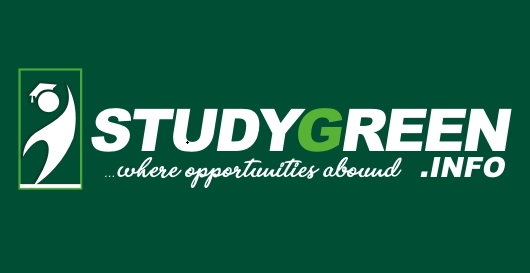Steps to Writing and Accessing a Research Grant with Ease: Research grant writing can be a very exciting and at the same time can be laborious if one does not know how to write and win. Research grant writing is one of the tools available to scholars and researchers in accessing grantmanship. Upcoming researchers and early career researchers need to know what to avoid when writing a research grant as well as know what they can add as their strength in order to have access the different grants available.
Researchers need to know what should be drafted into a successful grant proposal as will be outlined in the coming paragraphs.
Step 1
Apply for small grants first: An early career researcher should not be carried away by the temptation of accessing a big grant because he/she lacks the required experience and track record on how to handle and execute ‘big grants’. They are advised to start by first securing line-ups of several of small grants. Accessing grants in the present age is seen as more difficult than before, beginning on time in one’s career and utilizing the benefits of an ‘early career’ researcher can be very rewarding.
Grant awards that are primarily targeted at new researchers and faculty members gives new researchers the possible highest specifically aimed at new faculty members and postdocs provide the highest likelihoods for success as it may not require extensive research experiences. Candidate with a good and feasible research proposal can be offered the grant funding as long as the topic and mentors involved in the grant proposal are within the area of focus of the grant. Also very important is that the competition as an early career researcher is minimal as compared to researchers with great experience who compete with a larger number of senior researchers with excellent track records.
See Also:How to Apply for the Annual Canadian, U.S and Australian VISA Lottery [Updated]
Step 2
Be Clear about Your Topics
Researchers are advised to clearly state their project topic in un-ambiguous term with clarity of aim and objectives. State clearly your mission statement and tune your research work to be in line with the overall goal of the funding body. It means that the applicant must broaden the project goals and identify the specific objectives that states how to accomplish the overall research goal.
Step 3
Source of Funding Identification
Identify the appropriate source of funding which is within your area of focus to be able to access their funding. When applying for grants, do not limit your searches to only one funding source. Consider other funding sources with similar interest and go ahead and send in your proposal. Be consistent with your research goals as it will help you identify great and potential grant funders.
Step 4
Be Conversant with the Proposal Guideline:
Proposal guidelines are what guides a potential grant applicant to adhere to the stipulated or laid-down approach to accessing a particular grant. It is what the funders look out for and it may also serve as a yardstick for disqualification of a grant application if the guidelines are not strictly followed. It also tells the grant applicant on the grant application deadline, criteria for eligibility, the format to be used when applying for the grant, the font size, font style, paper margins, line spacing, number of pages and the total word count. Also, the guideline will make available certain information as concerning the grant such as the budget, funding goals and priorities, criteria for evaluation and the processes involved.
Step 5
Be Specific about your Budget
Budgeting is an important and integral part of grant funding and should not be over-looked. It will tell the funders the knowledge level and the experience of the researcher. Each of the activities outlined in the budget has to be clearly stated and the purpose for which the funds will be used for also given. Applicants should not make the mistake of overshooting the budget line as provided by the funders and also should not provide a budget that is way below the amount stated by the funders.
Conclusion
Grant writing can be fun if the right approach is taken as there are specific things and guidelines which the grant funders are looking out for. The overall objective of the grant proposal should be in tandem with that of the grant funders and also the guidelines provided by the funders should be carefully read, understood and followed.

1 thought on “Steps to Writing and Accessing a Research Grant with Ease”
Pingback: 10 Reasons Why Research Proposals Fail: A Must Read
Comments are closed.